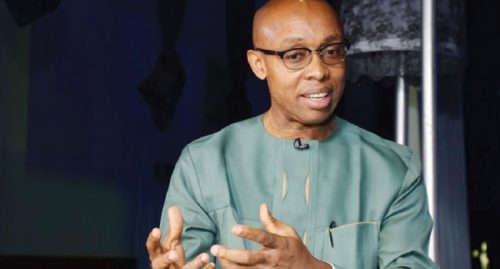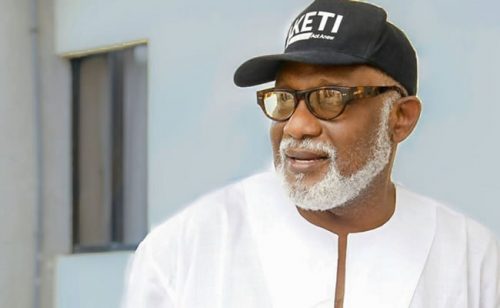Nigeria Spends $4bn Annually on Steel Imports, Targets $10bn Investment by 2030

Nigeria loses more than $4 billion every year to steel imports, but the Federal Government has set a target of attracting $10 billion in investments into the steel sector by 2030 to reposition the industry as the backbone of industrialisation and job creation.
Minister of Steel Development, Prince Shuaibu Audu, disclosed this at the 2025 Engineering Conference of the Nigerian Society of Engineers (NSE) in Abuja. Represented by Deputy Director Florence Msheliza, he said the administration is determined to halt the capital flight tied to steel imports and redirect resources into local production.
He explained that no economy can achieve inclusive growth without a vibrant steel sector, as it underpins construction, energy, manufacturing, and transport. The creation of the Ministry of Steel Development, he noted, is evidence of President Bola Tinubu’s resolve to address decades of neglect that left the industry dependent on recycled scrap metals.
Nigeria spends over $4 billion annually on imports, while local production remains less than one million metric tonnes a year, according to World Steel Association data. By contrast, Egypt produces more than 10 million tonnes, followed by South Africa, Algeria, and Morocco. Libya has also overtaken Nigeria in steel output despite its smaller economy.
The Minister said the government’s new plan aims to reverse this trend by attracting $10 billion in direct investment within the next five years, building a framework for sustainable production of steel and non-ferrous metals for domestic and export markets. “Our objective is to utilise Nigeria’s abundant raw materials to substitute imports, create jobs and reduce the burden on foreign reserves,” he said.
Nigeria’s ambition for a self-sufficient steel industry dates back to 1958 and led to the establishment of the Ajaokuta Steel Company and Delta Steel Plant. However, both projects have suffered decades of setbacks, political instability, and poor implementation. Ajaokuta, in particular, has consumed billions of dollars in sunk costs yet remains non-operational.
At the NSE event, the Society’s President, Engr. Margaret Oguntala, represented by Engr. Dayyabs Tijani commended the government’s efforts and called for a consistent policy to drive the sector. A guest speaker, Engr. Temitayo Ogedengbe of Nile University said the industry could thrive if Ajaokuta is revived and the government partners with researchers and innovators to boost competitiveness.
Analysts say that raising Nigeria’s production to five million tonnes annually by 2030 could save over $3 billion in imports every year and create thousands of jobs. The government is also keen to leverage steel growth to stimulate downstream industries such as automobile assembly, housing, shipbuilding, and defence manufacturing.
The administration insists that continuity and investor confidence will be crucial to success. With $4 billion draining away annually through imports, officials argue that the countdown to 2030 offers Nigeria its best chance yet to industrialise on a scale that matches its population of over 220 million people.












